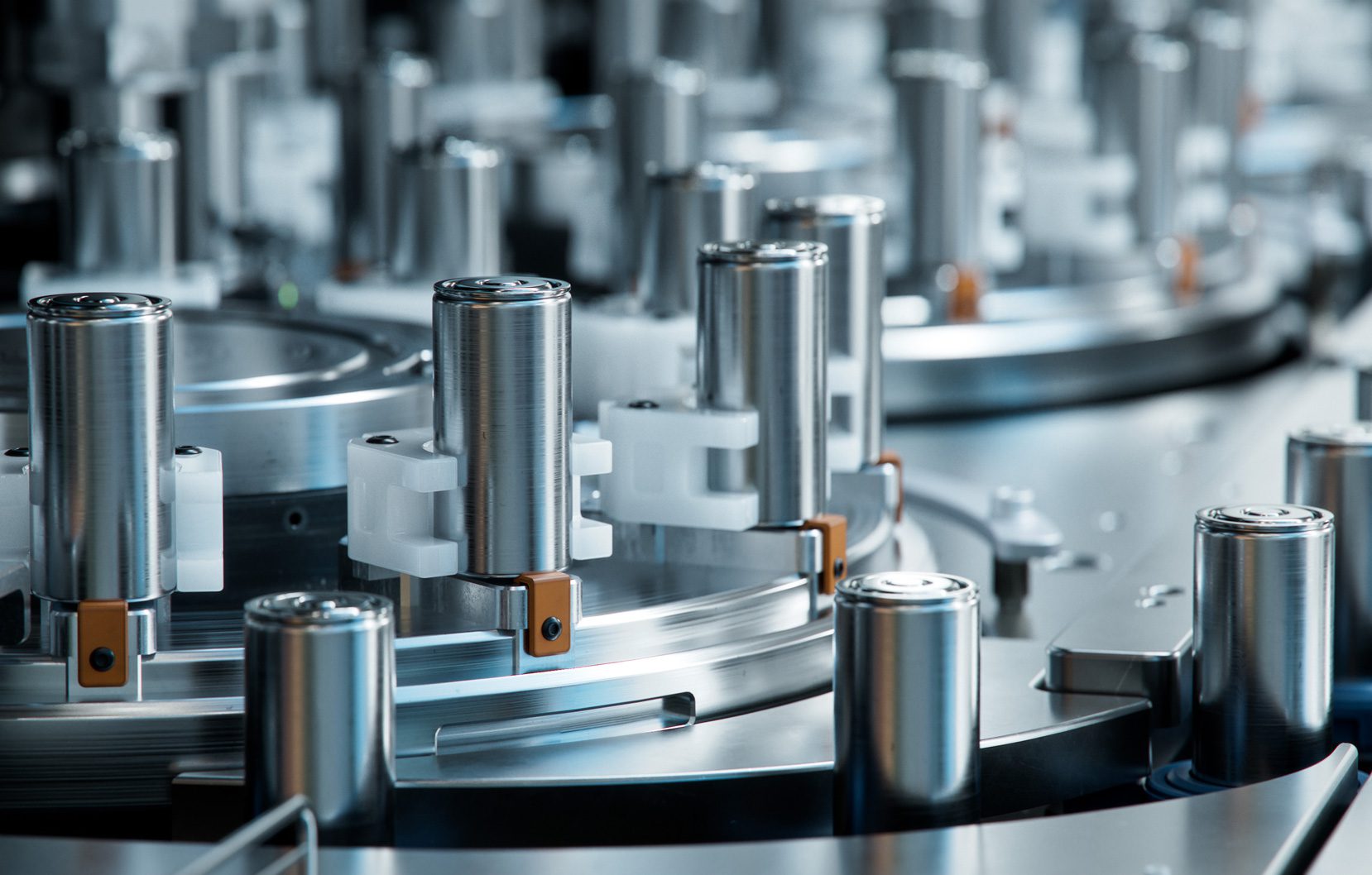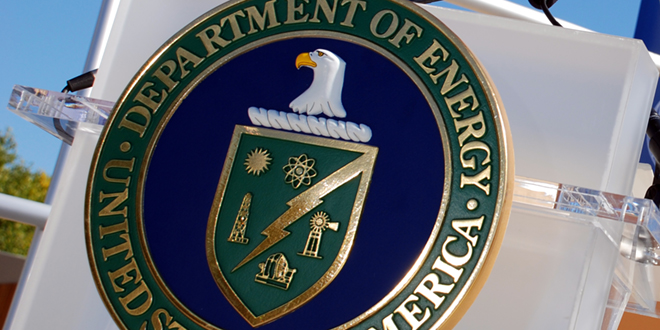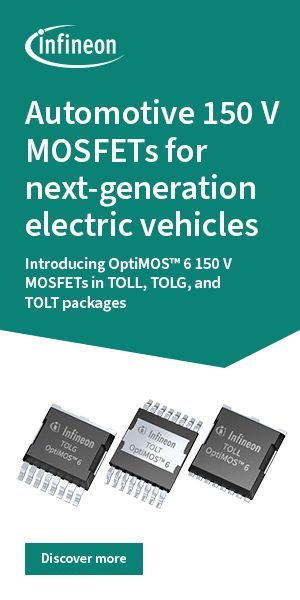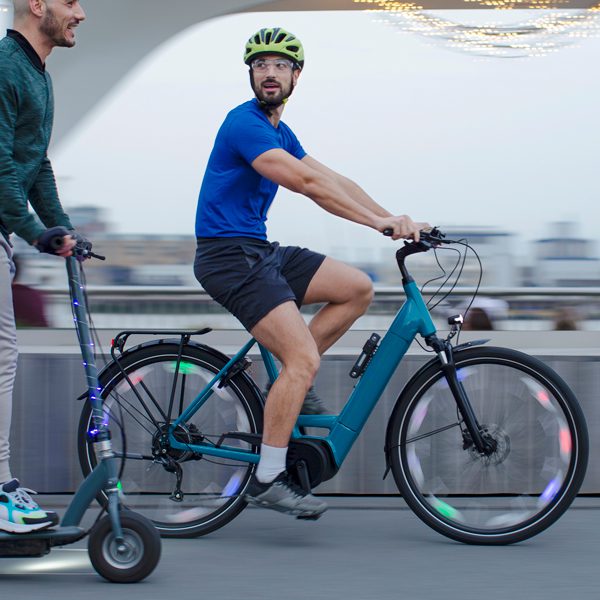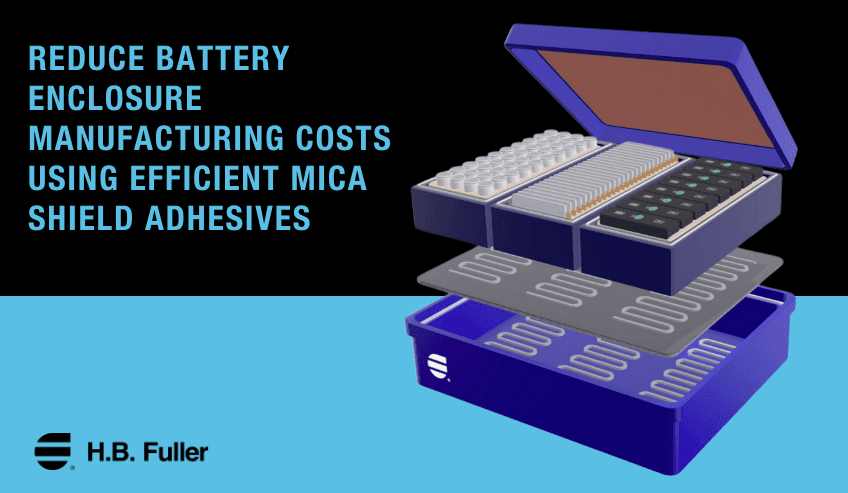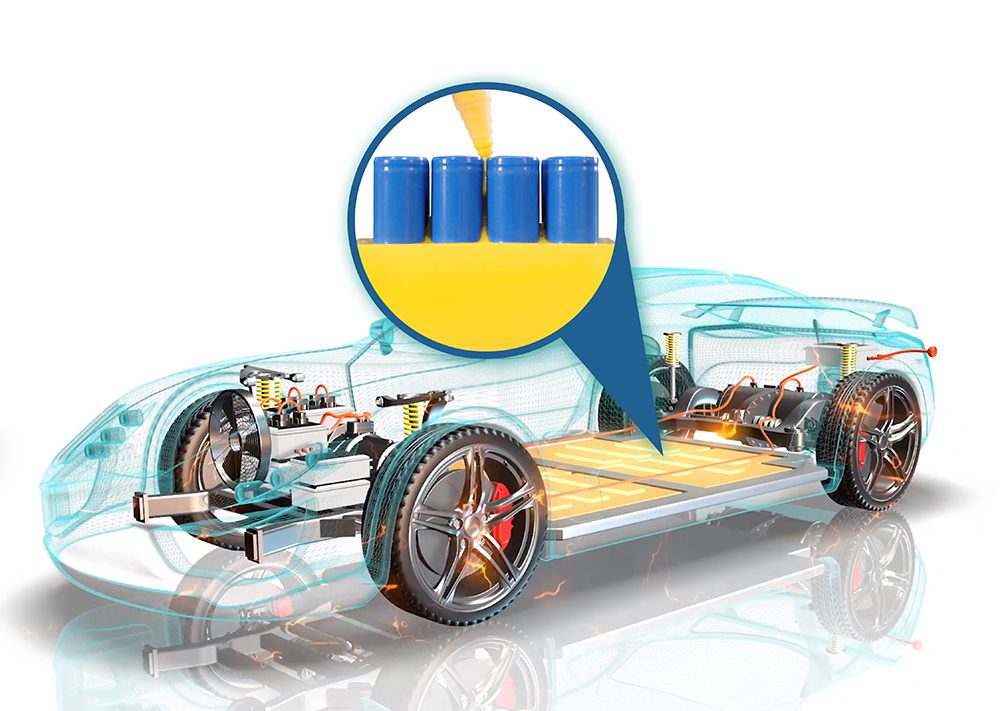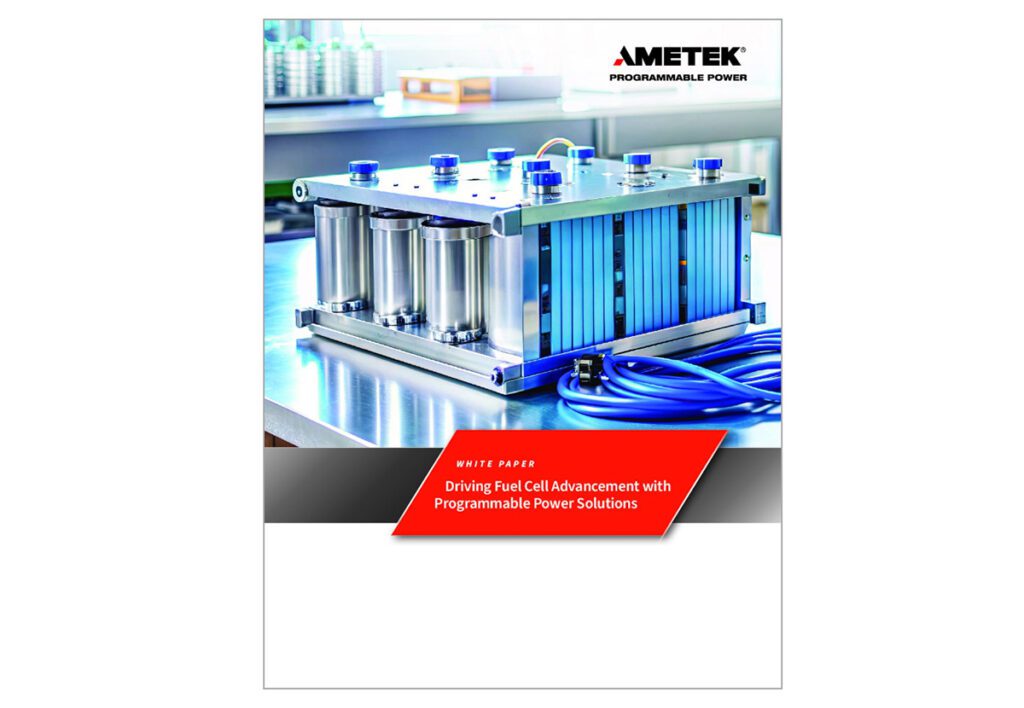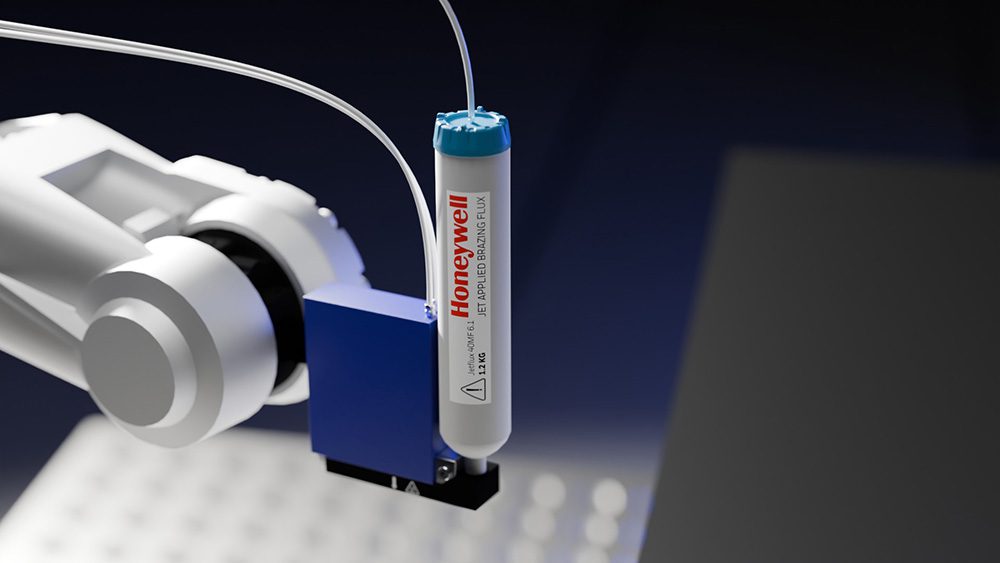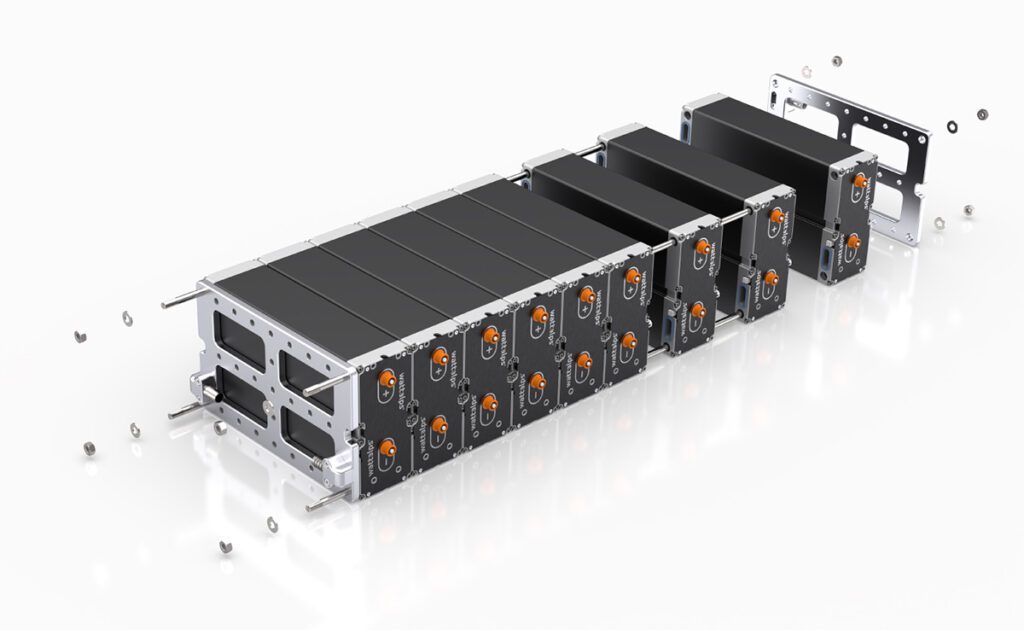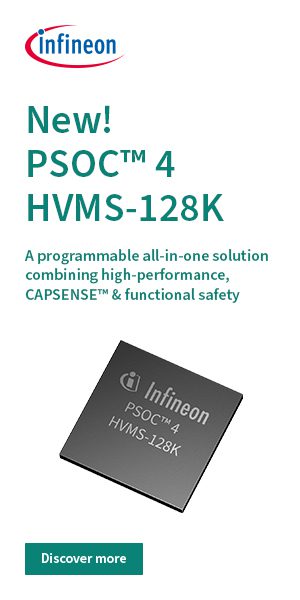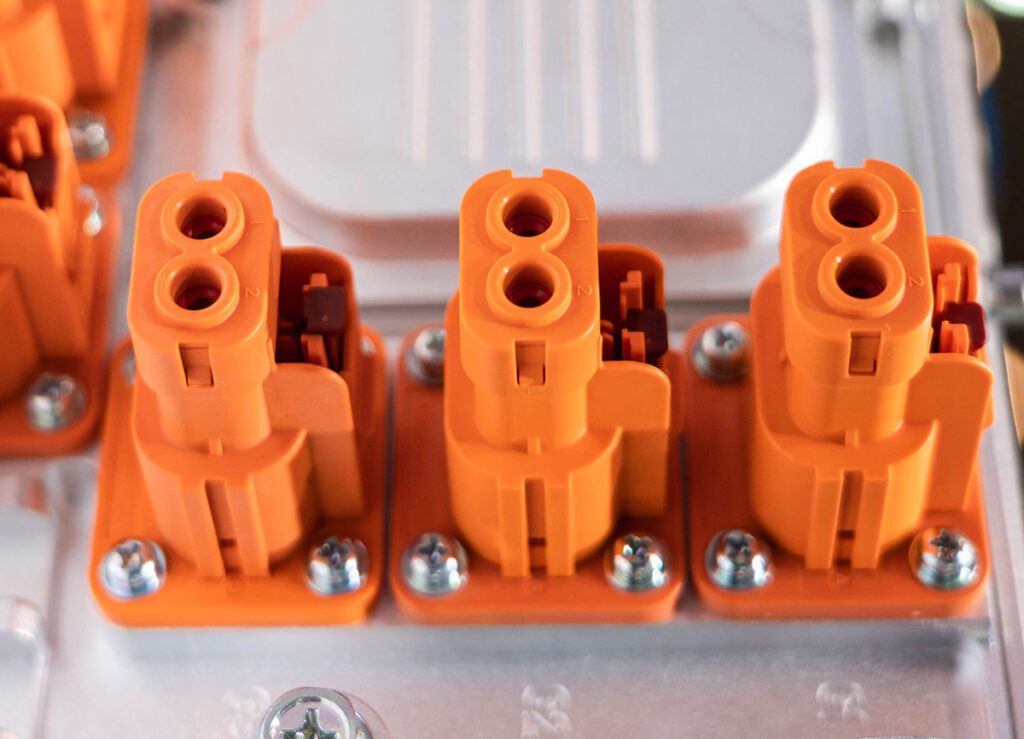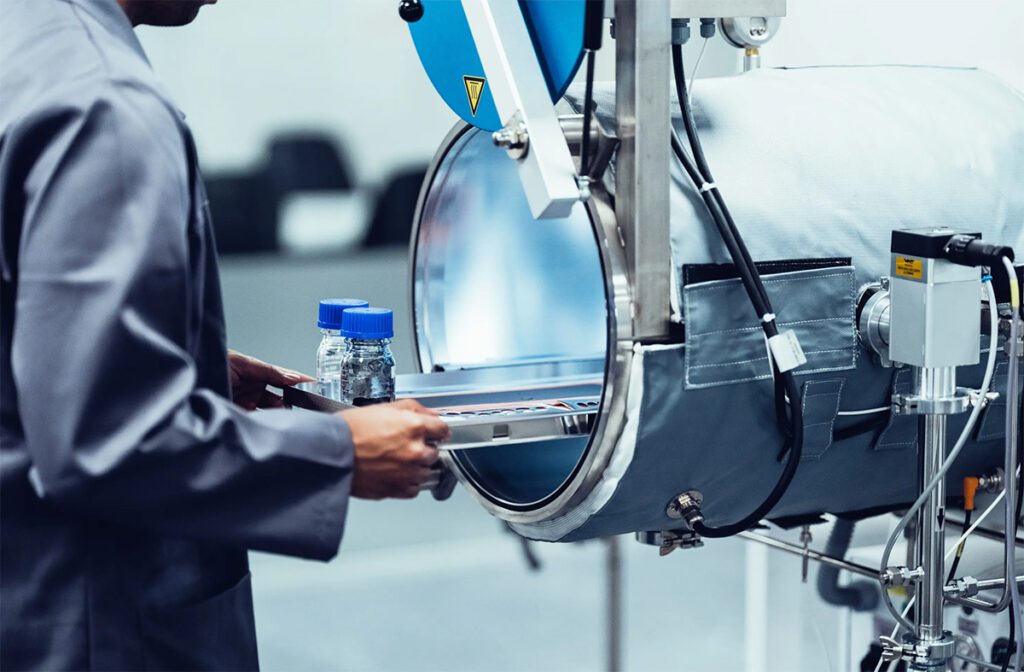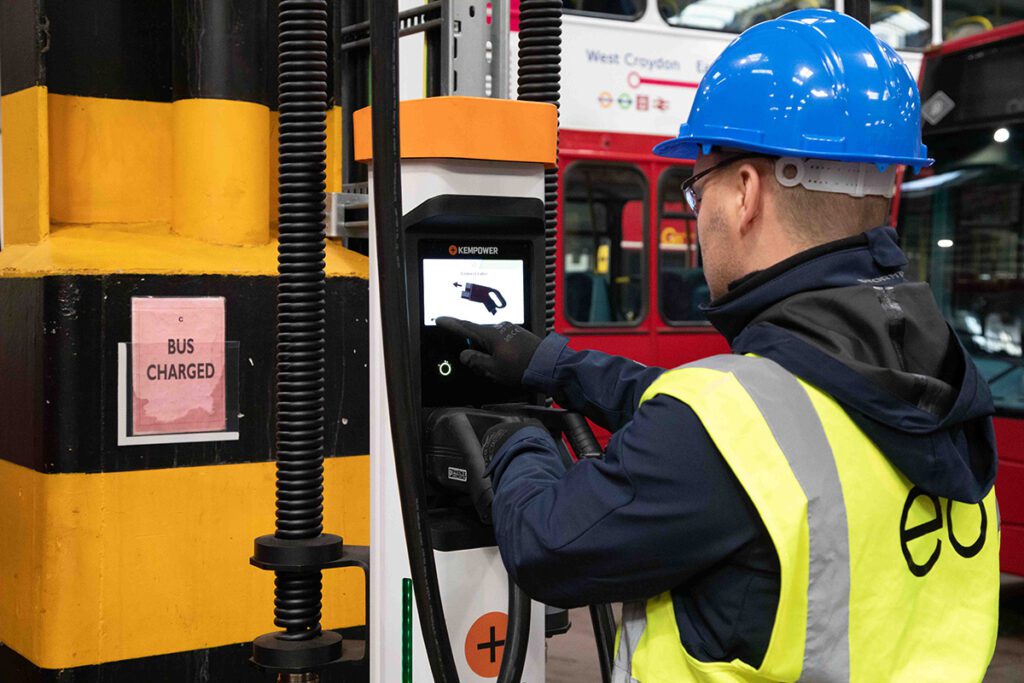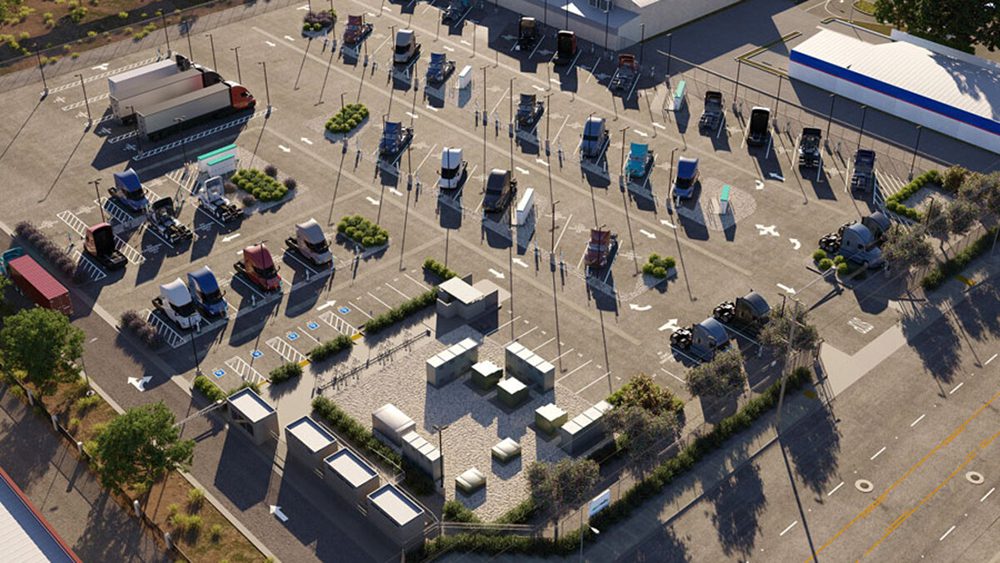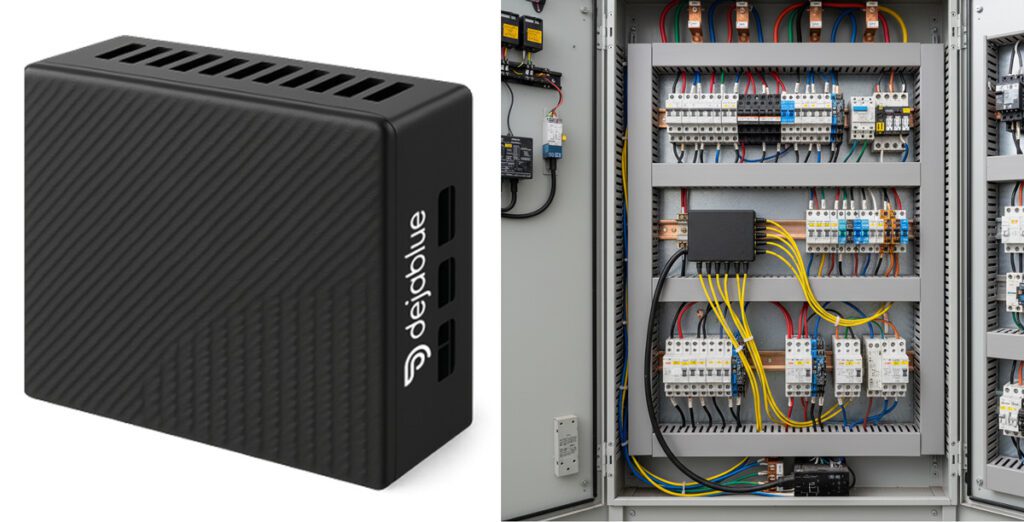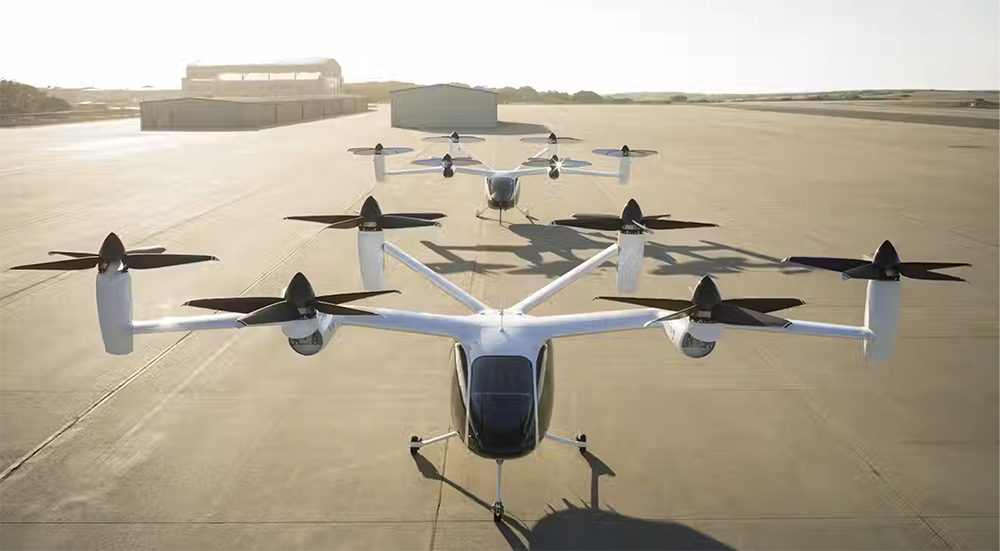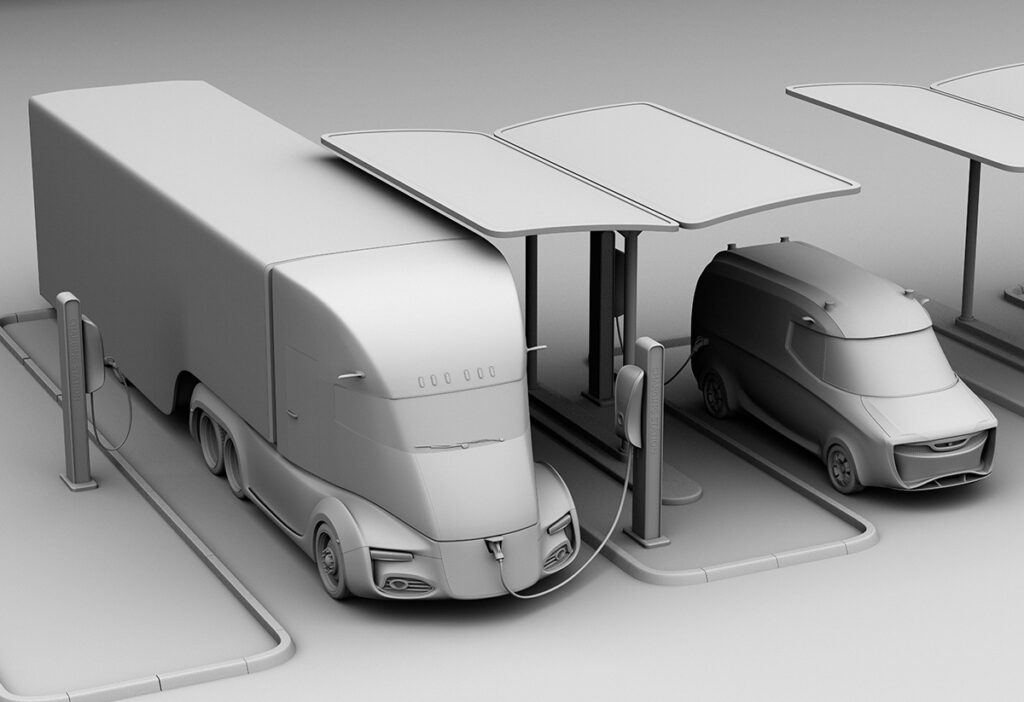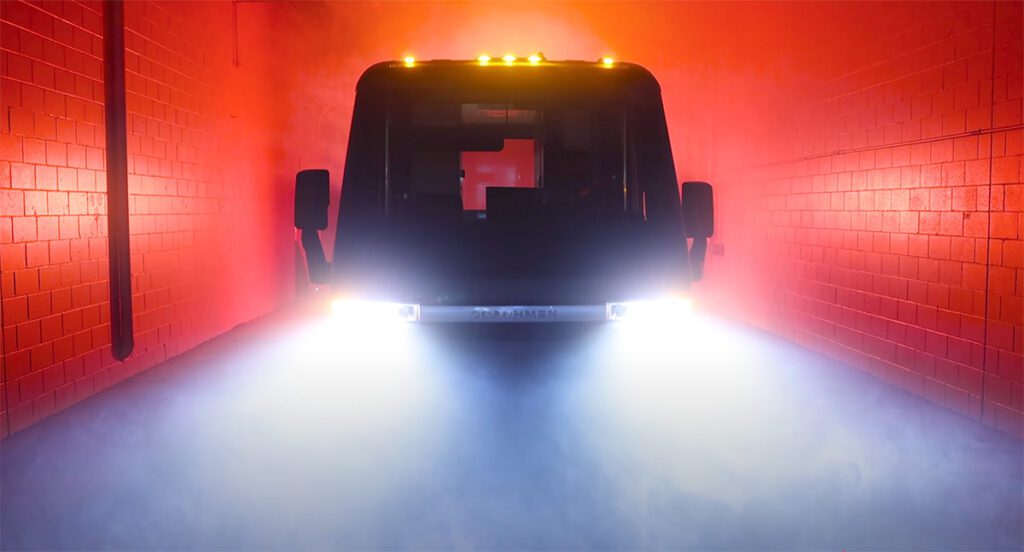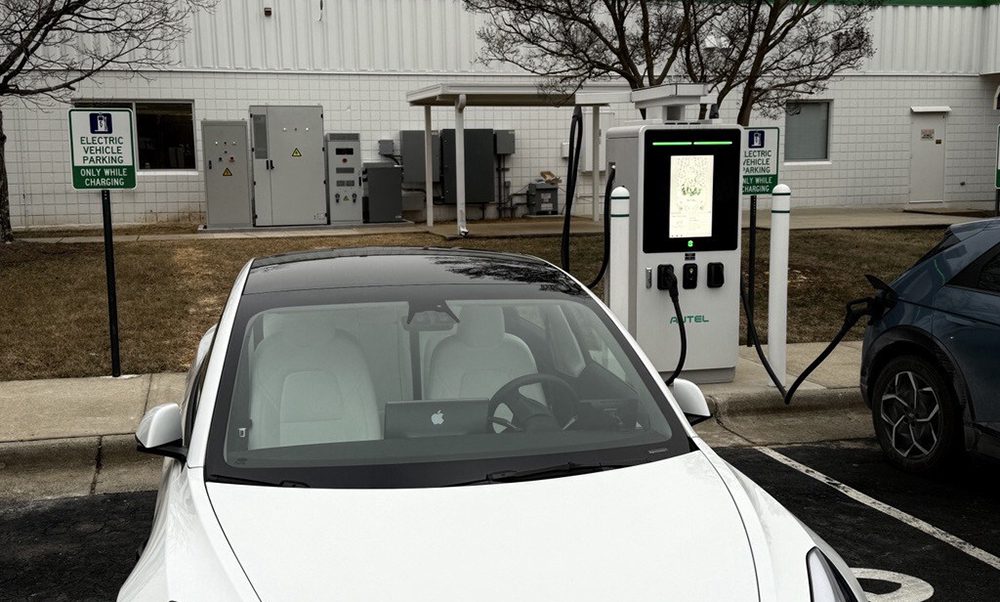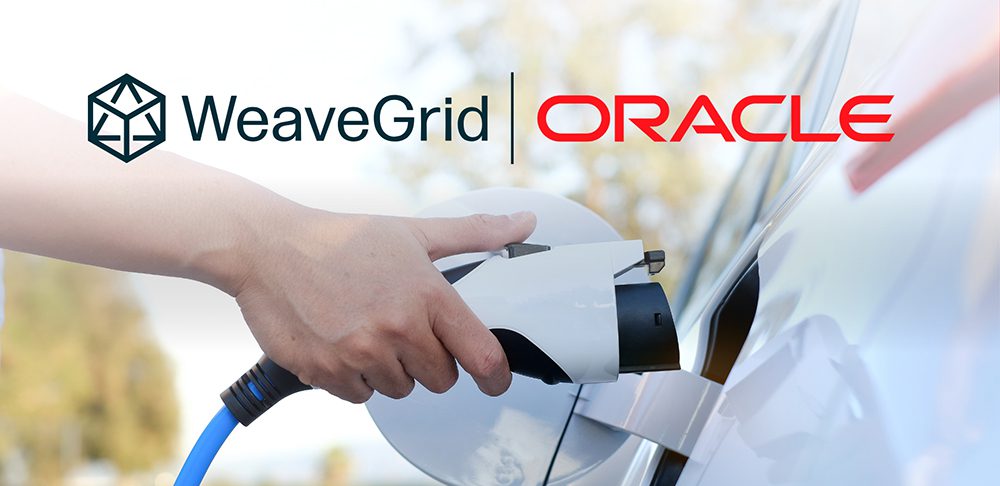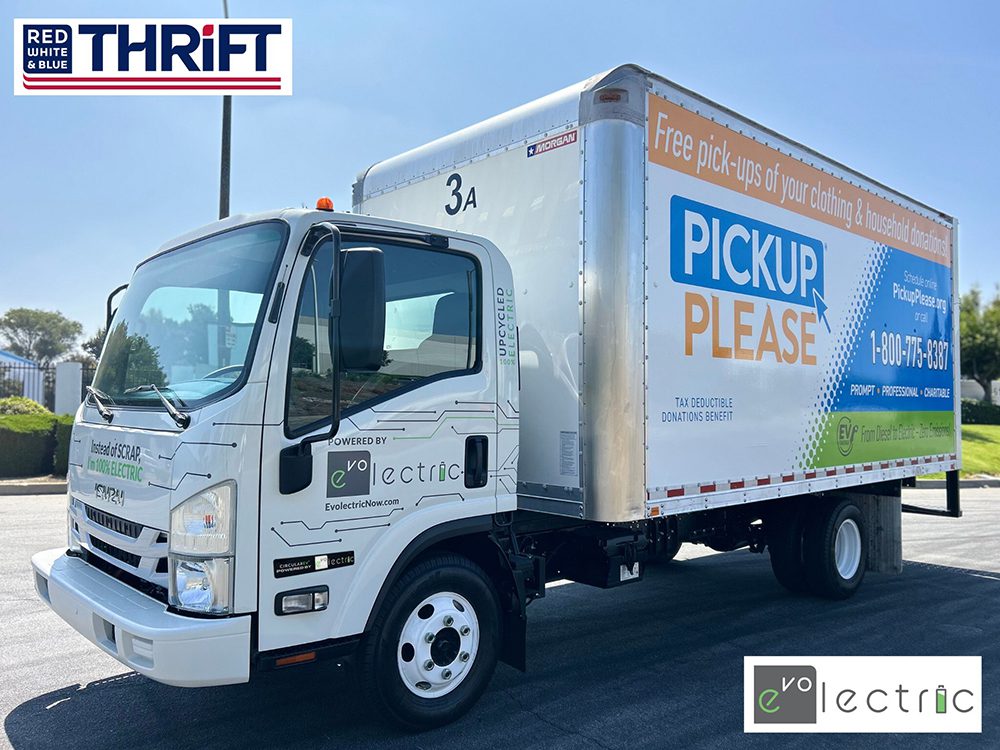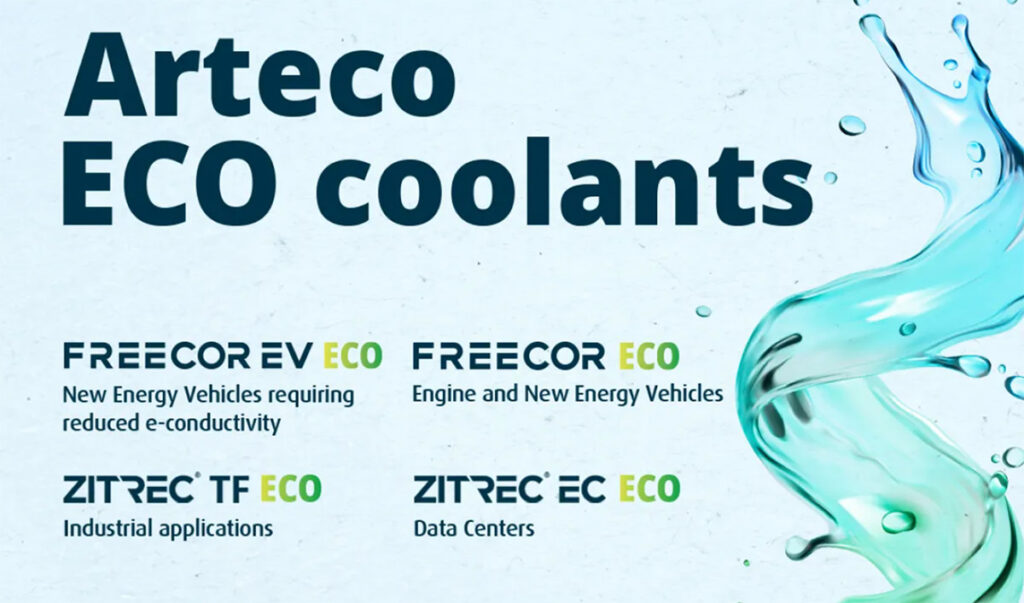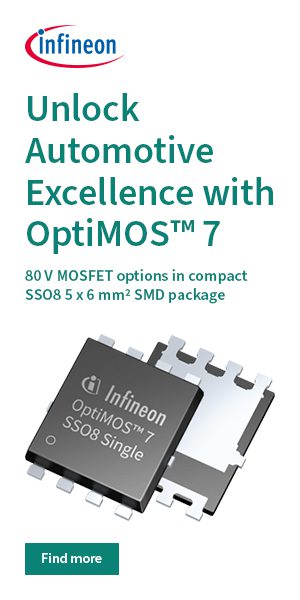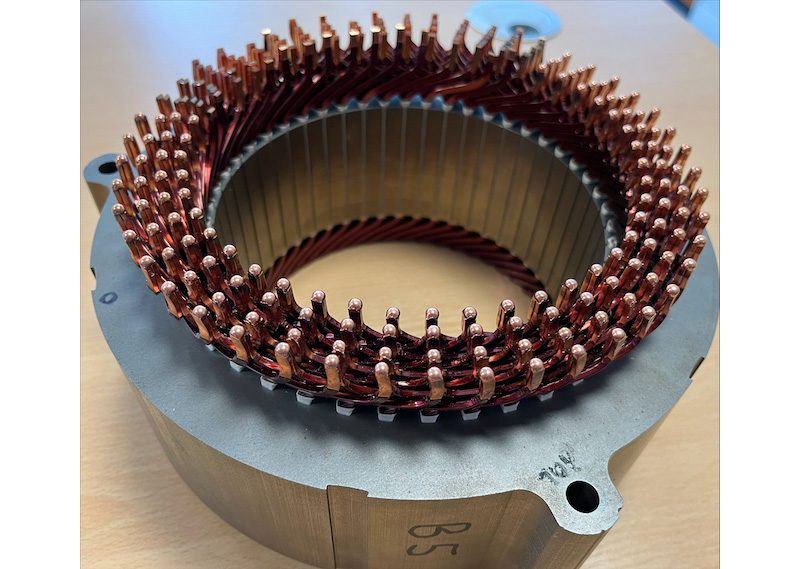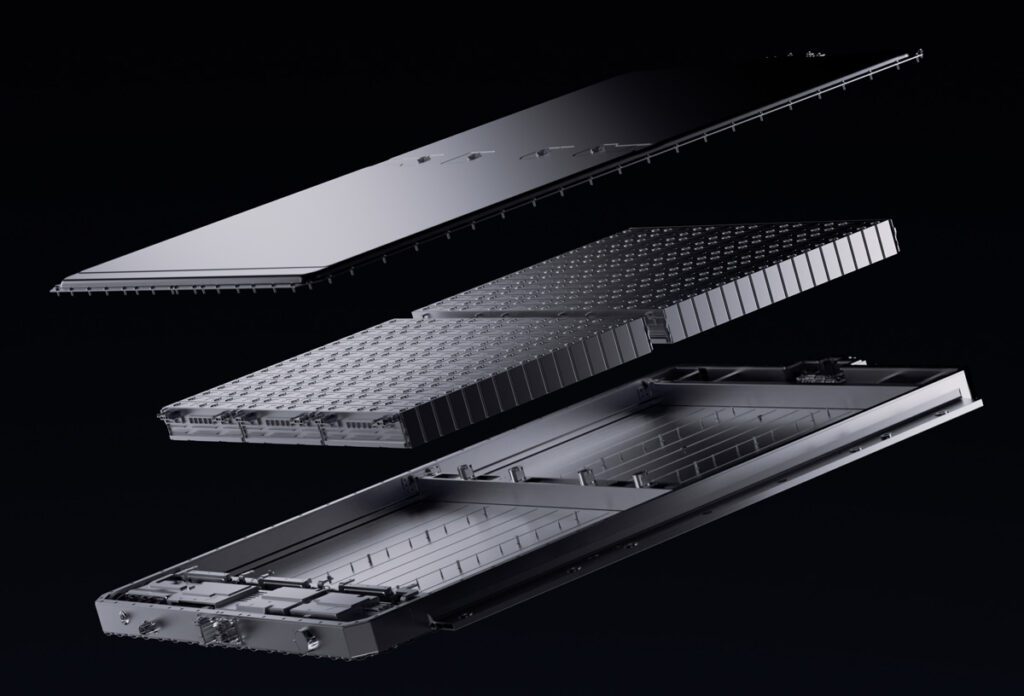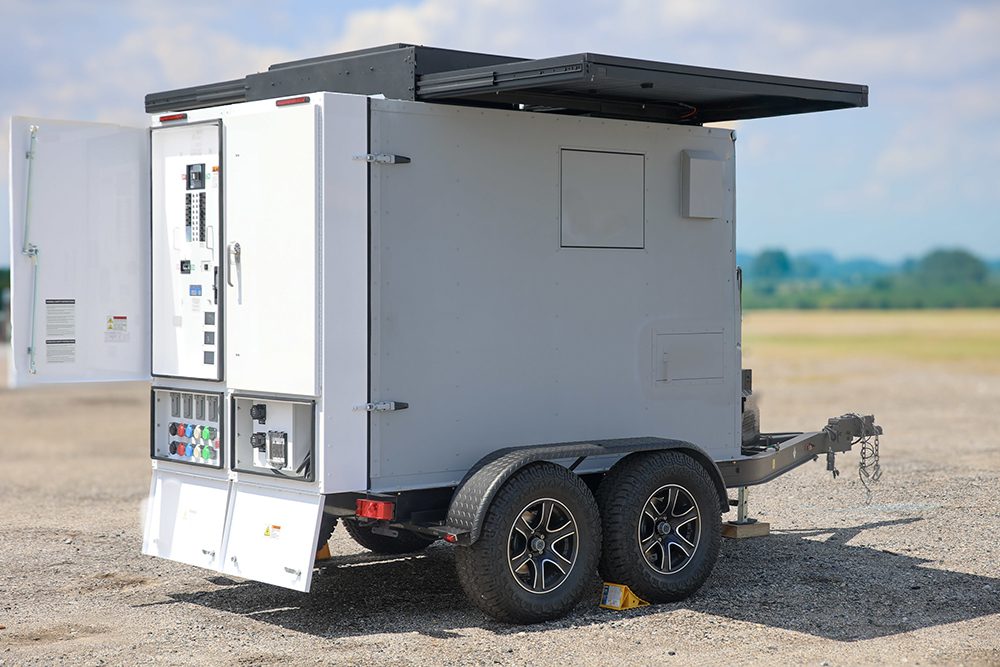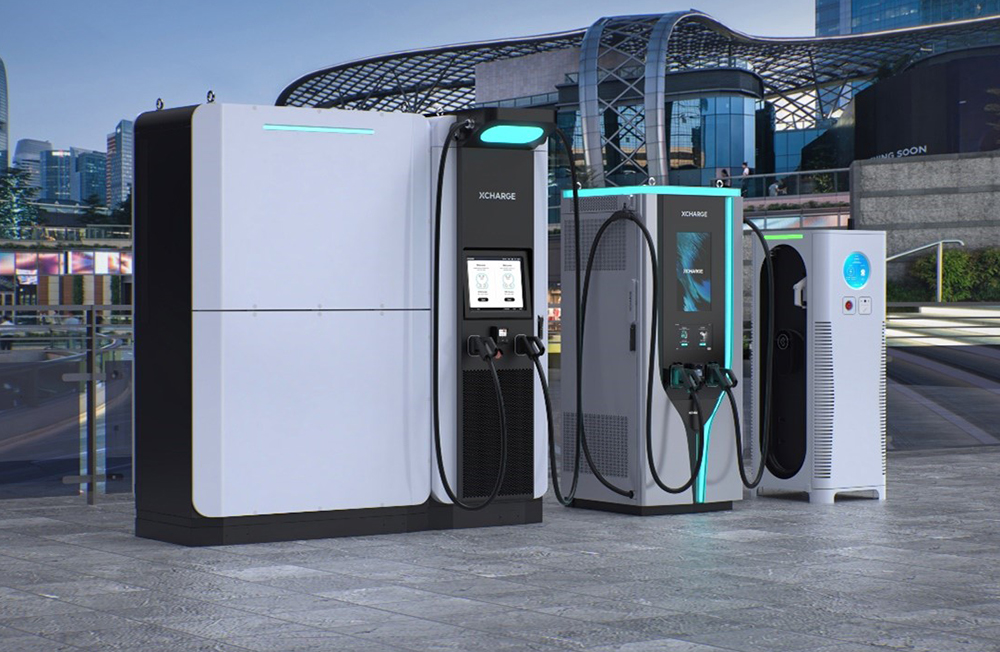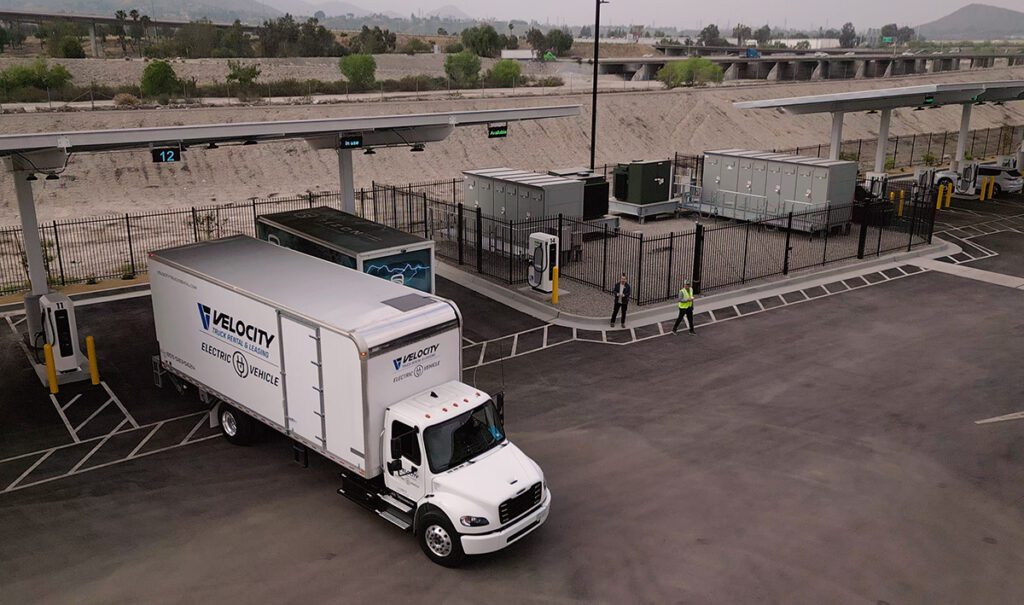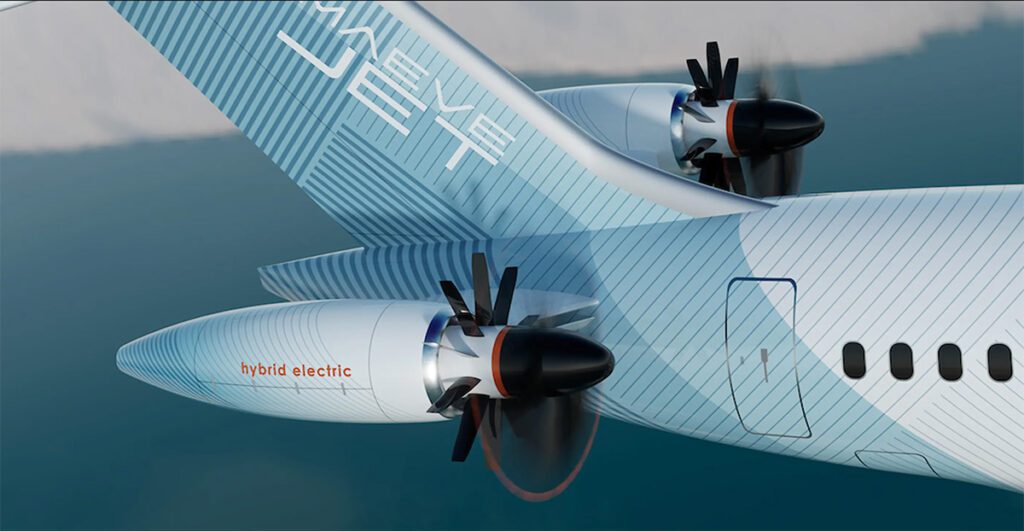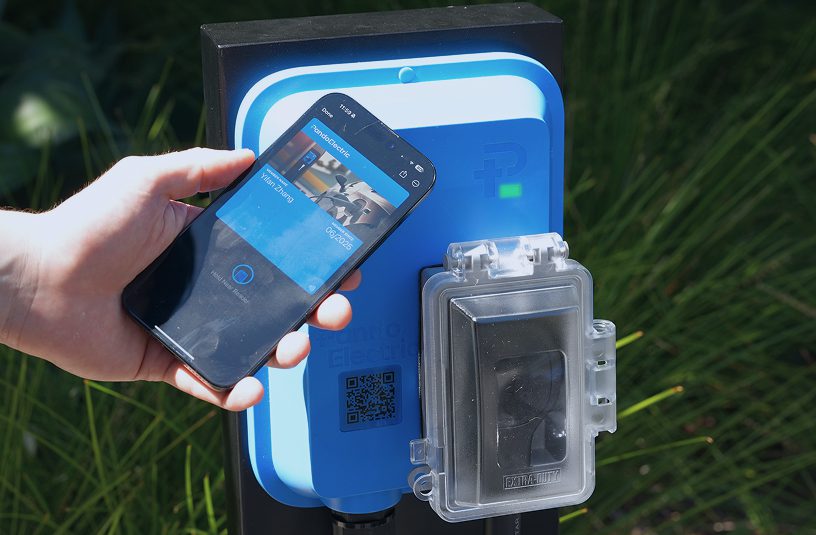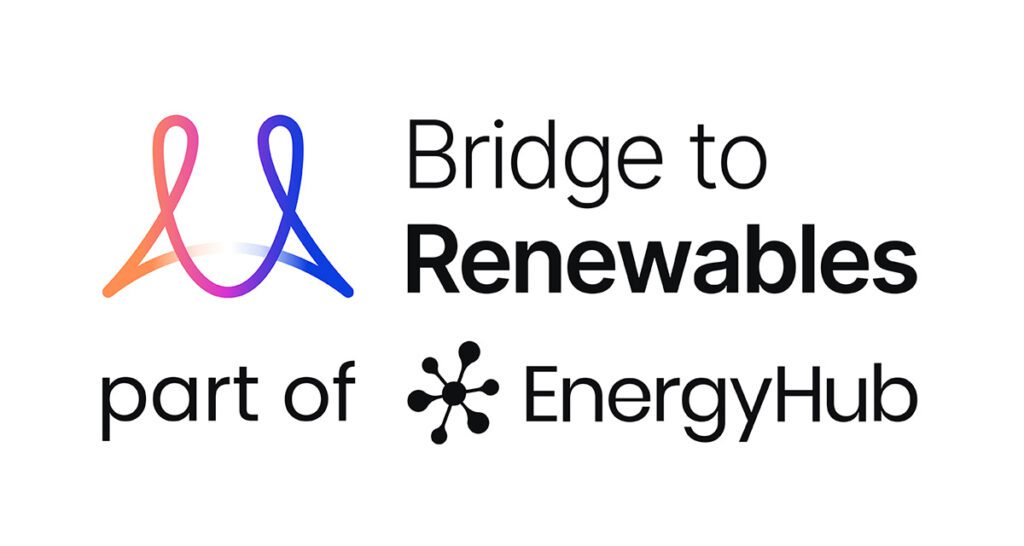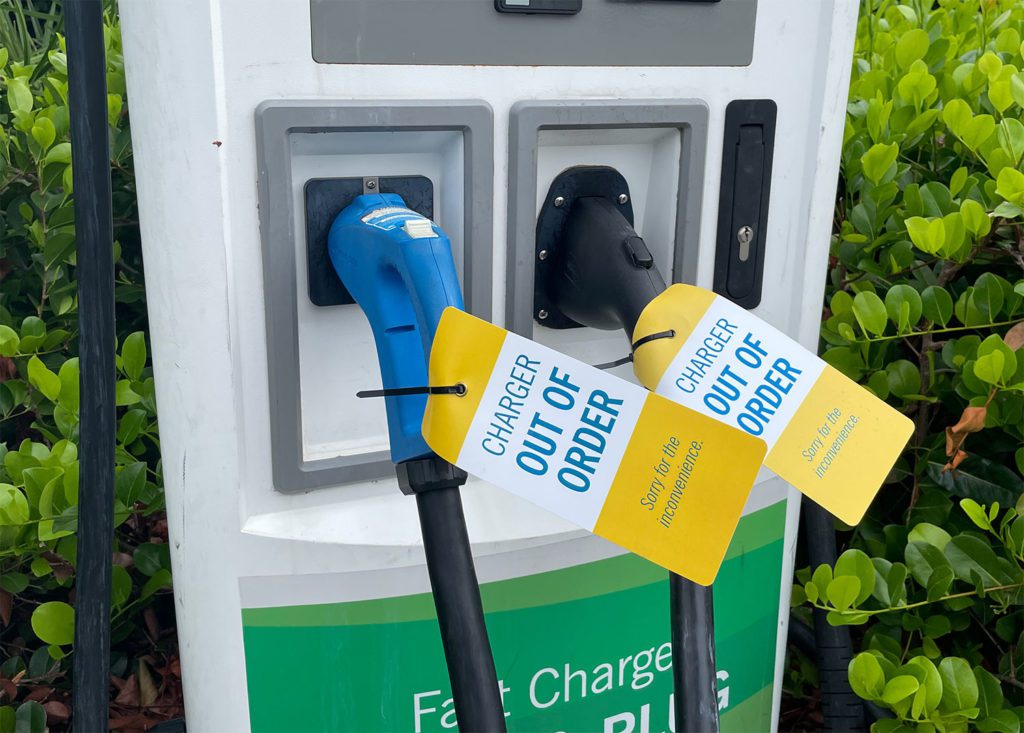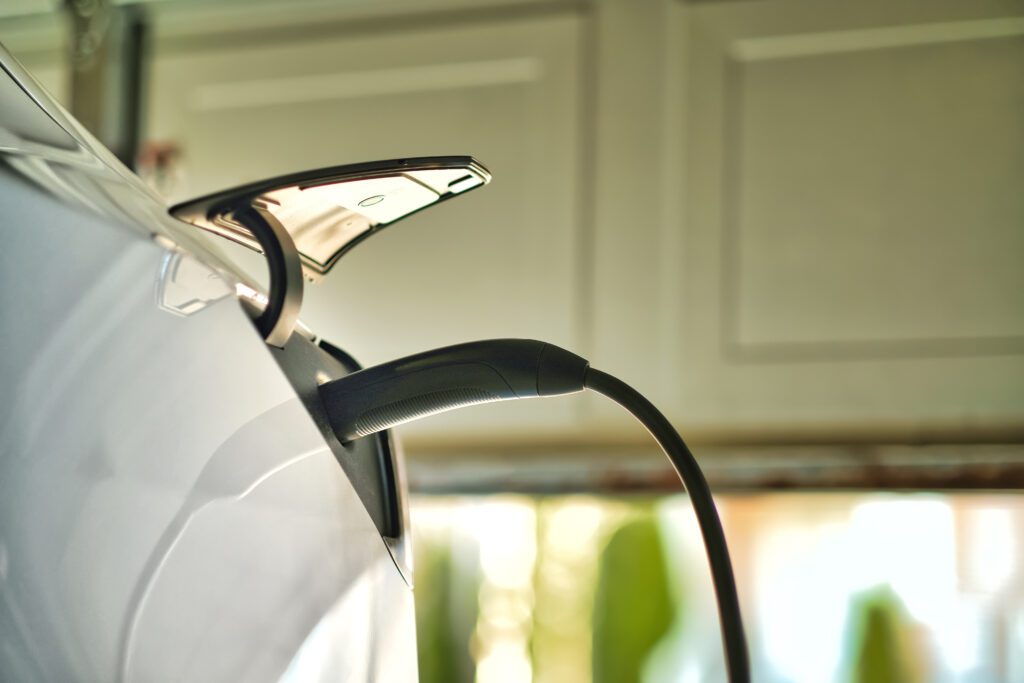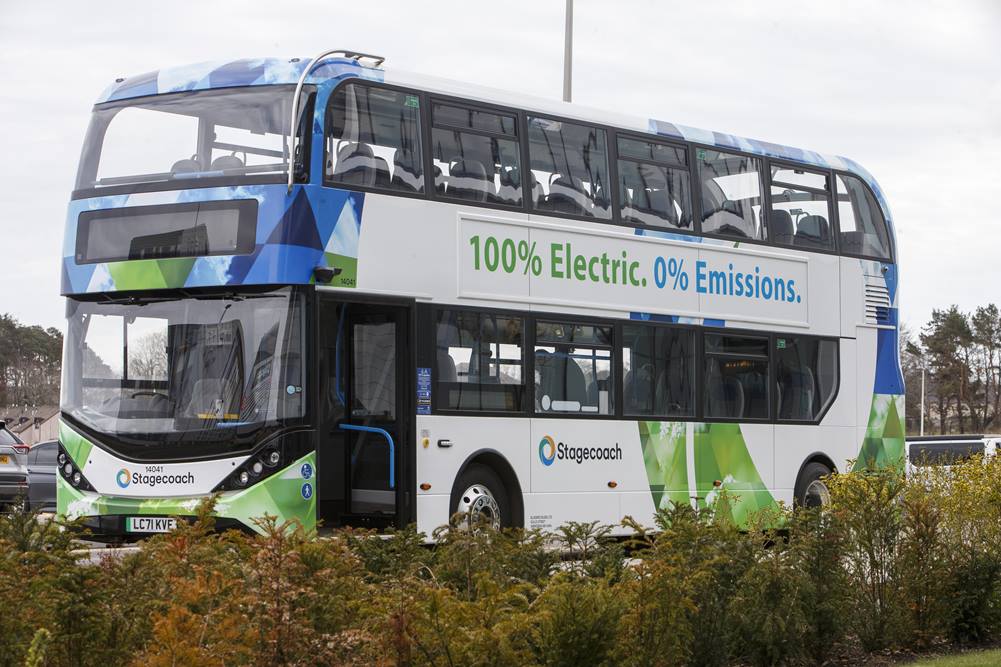The DOE will provide up to $45 million for the domestic development of advanced EV batteries through the DOE’s Advanced Research Projects Agency-Energy (ARPA-E).
The Electric Vehicles for American Low-Carbon Living (EVs4ALL) is a program designed to promote faster charging, improved low-temperature performance, increased range and longer battery life, by funding the development of materials, electrodes and battery cells.
The program’s objectives are to achieve a charge rate equivalent to 80% of cell nominal capacity in 5-15 minutes, decrease battery performance losses in low temperatures by at least 50%, maintain a minimum of 90% capacity after the battery has reached 200,000 miles of equivalent and cumulative range, reduce costs to less than $75/kWh, and to perform new and existing test protocols to evaluate the safety of new battery chemistries and cell designs.
Funding proposals are accepted according to different categories based on cell-level energy density, charge rate, cycle life, low-temperature performance losses and safety.
Technologies of interest for the program include battery cells with nominal voltage ranging from 2 to 5.5 V, anodes made from alkali or alkaline earth metals, oxide-based anodes, three-dimensional anode structures, coatings that maintain area-specific resistance and reduce the loss of active material, cathodes with reduced cobalt and nickel, and new battery technologies that can be manufactured with existing processes, equipment, and infrastructure.
Source: DOE via Green Car Congress

